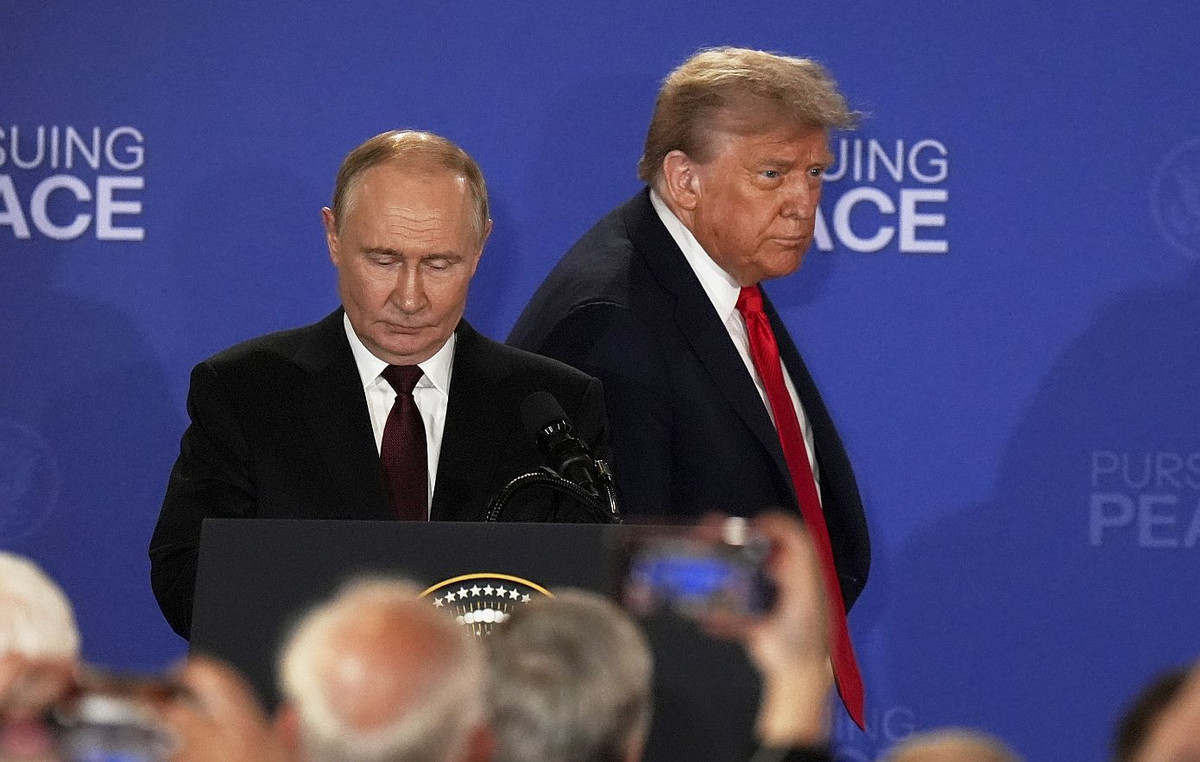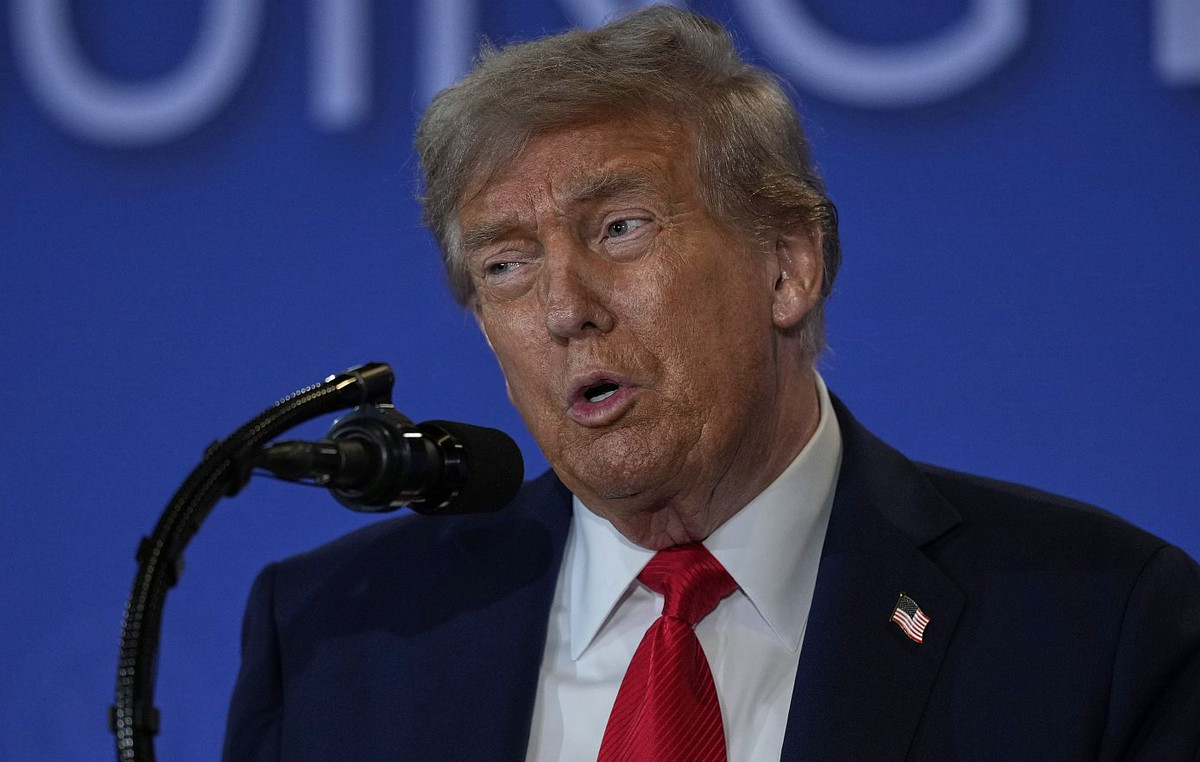The Brazilian Federation of Banks (Febraban) released a note on Sunday night (30) congratulating PT candidate Luiz Inácio Lula da Silva for his election as president of Brazil, and Geraldo Alckmin as vice.
Febraban salutes the Brazilian democratic process and highlights that the banking sector is ready to collaborate with the new government.
The note, signed by President Isaac Sidney, also says that, over the past few months, he has held meetings with candidates and their teams to address issues “important for the sustainable growth of the economy.” Among these topics are, according to Febraban, “inflation control, fiscal responsibility, maintenance of the Central Bank’s autonomy, prioritization of tax and administrative reforms, attraction of investments and measures aimed at reducing the cost of credit for consumers.”
This Sunday, the PT candidate, Luiz Inácio Lula da Silva, won the elections to assume the Presidency of the Republic with 50.90% of the votes, in the most disputed election in Brazil’s democratic history. Geraldo Alckmin, from PSB, will be vice-president. The current president, Jair Bolsonaro (PL), who was running for reelection, received 49.10% of the votes.
Check out the full note from Febraban:
The Brazilian Federation of Banks (Febraban) congratulates Luiz Inácio Lula da Silva and Geraldo Alckmin for their respective elections to the Presidency and Vice-Presidency of the Republic, while saluting the Brazilian democratic process with the conclusion of another electoral cycle.
The banking sector, which has traditionally positioned itself with guidelines focused on the country’s development, is ready to collaborate with the new government.
Over the last few months, FEBRABAN has promoted and participated in meetings with candidates and their teams, exposing important themes for the sustainable growth of the economy, greater social justice and the improvement of the business environment.
Among the topics discussed, we dealt with controlling inflation, fiscal responsibility, maintaining the Central Bank’s autonomy, prioritizing tax and administrative reforms, attracting investments and measures aimed at reducing the cost of credit for consumers.
Source: CNN Brasil
Joe Jameson, a technology journalist with over 2 years of experience, writes for top online news websites. Specializing in the field of technology, Joe provides insights into the latest advancements in the industry. Currently, he contributes to covering the world stock market.







